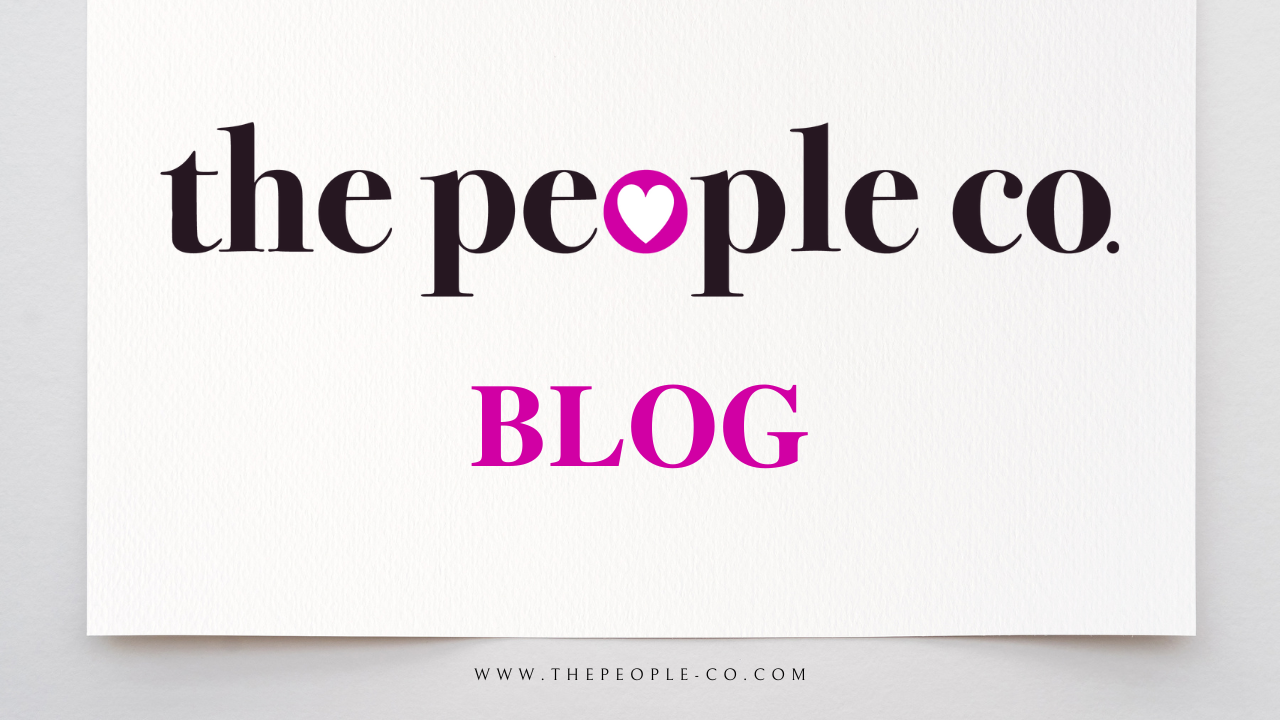
The Real Reason HR Struggles with Hiring—And Why It Matters
Feb 21, 2025The Real Reason HR Struggles with Hiring—And Why It Matters
A recent post of mine on LinkedIn received a surprising amount of attention, and it really got me thinking—why did this resonate so much? The post was about something I see all the time: HR teams struggling to keep up with recruiting. It’s not because they don’t care or aren’t capable; it’s because they are overwhelmed.
HR's Massive To-Do List
When I launched The People Co., I spent a lot of time talking with HR professionals to truly understand their workload. And what I found was eye-opening. They aren’t just handling recruitment—they’re juggling Payroll, Benefits, Compensation, Employee Relations, Compliance, and more. And then, somewhere in between all of that, they’re also expected to recruit top talent into the organization.
The truth is, recruitment isn’t just “posting a job” or “sending a few emails.” A real hiring strategy takes time, research, and a structured process. But for many HR teams, it’s the last thing on their list—often overlooked or rushed, simply because they don’t have the bandwidth.
And the data backs this up: A report by the Society for Human Resource Management (SHRM) found that 61% of HR professionals work without adequate staff, and 70% feel overworked. This is a clear sign that companies are underinvesting in the very teams responsible for keeping their workforce engaged and thriving.
Candidate Frustration Is Hurting Employer Brands
HR teams struggling to manage recruitment doesn’t just impact internal operations—it also frustrates candidates, and that frustration has real consequences.
Poor communication, slow hiring processes, and unresponsive employers leave candidates feeling undervalued. And in today’s world, where candidates share their experiences online, this can seriously damage an employer’s brand.
Think about it:
🔹 Delayed responses or ghosting frustrate top talent, who may move on to competitors.
🔹 A confusing or disorganized hiring process signals to candidates that the company isn’t well-run.
🔹 Negative Glassdoor or LinkedIn reviews deter other strong applicants from even considering your company.
With the job market more competitive than ever, a poor candidate experience can cost companies the best talent before they even step through the door.
The Challenge of Recruiting Technology
Another challenge? Technology. The recruiting landscape is constantly evolving with new systems, platforms, and AI-driven tools. While these advancements can streamline hiring, they require setup, integration, and ongoing management—yet another task for an already stretched-thin HR team. And when technology isn’t implemented correctly, it creates even more frustration for both HR and candidates.
Recruiting Needs Investment
The biggest takeaway from my LinkedIn post? Recruitment is one of the most underfunded and unsupported areas within many companies. Organizations often expect HR to handle everything internally, without the resources or support they need. This leads to a cycle of frustration, inefficiency, and missed hiring opportunities.
And that’s exactly why I started The People Co., as well as the Recruiting Academy and roundtables—to provide guidance, education, and a collaborative space for those involved in hiring. I saw firsthand how many HR professionals, business leaders, and hiring managers were navigating recruitment without the right support or strategy. The Recruiting Academy is designed to fill those gaps, offering practical insights into the psychology of the candidate, technology, process, and business alignment for optimal hiring results.
At the same time, our roundtables create a space for HR leaders and hiring professionals to come together, share best practices, and get real-time solutions to their recruiting challenges. Because the truth is, hiring well isn’t just an HR issue—it’s a business issue.
So, What Can Businesses Do?
- Acknowledge the workload HR carries. Recruiting is not their only job, and expecting them to "just do it" leads to burnout and inefficiency.
- Invest in the right support. Whether it’s outsourcing recruiting or bringing in experts to streamline hiring processes, organizations must prioritize hiring just as much as they prioritize payroll or benefits.
- Prioritize the candidate experience. A strong employer brand starts with a positive hiring experience. Quick communication, transparency, and a well-structured process go a long way in attracting the best talent.
- Leverage technology effectively. Recruiting tools are great—if implemented correctly. Make sure your team has the knowledge and time to use them properly.
- Seek out professional development. Whether it’s through The Recruiting Academy, roundtables, or strategic training, companies should be equipping their teams with the knowledge to hire smarter, not harder.
HR professionals are not the problem—lack of support is. With 61% of HR professionals working without enough staff and 70% feeling overworked, it’s time to change the conversation around recruiting and give HR teams the tools they need to succeed.
📢 What are your thoughts? If you’re an HR leader, recruiter, or business owner, I’d love to hear how you’re handling recruitment challenges. Let’s continue the conversation!
Stay connected with news and updates!
Join our mailing list to receive the latest news and updates from our team.
Don't worry, your information will not be shared.
We hate SPAM. We will never sell your information, for any reason.

